US-Cuba deal: Obama and Castro 'cut the shackles'
Many welcome the 'long overdue' move to normalise relations with Cuba, but Obama faces fierce opposition from Republicans
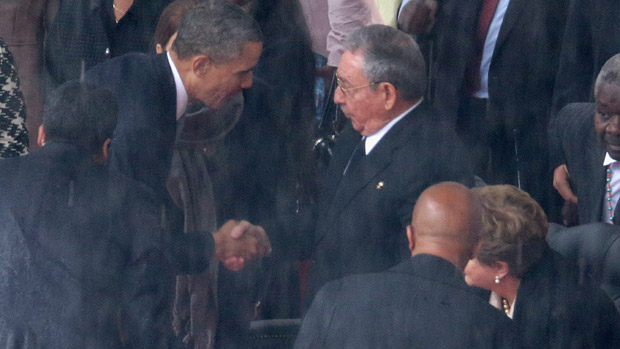
A free daily email with the biggest news stories of the day – and the best features from TheWeek.com
You are now subscribed
Your newsletter sign-up was successful
The move to normalise relations between the US and Cuba has been welcomed by many, after the two nations' presidents, Barack Obama and Raul Castro, agreed an historic deal to end the diplomatic rift that has lasted over 50 years.
The US is finally choosing "to cut loose the shackles of the past so as to reach for a better future for the Cuban people, for the American people, for our entire hemisphere and for the world", said President Obama in a televised address.
Relations between the two countries have been frozen since 1961 when the US severed diplomatic ties and imposed a trade embargo after the country's revolution, which ushered in a communist regime.
The Week
Escape your echo chamber. Get the facts behind the news, plus analysis from multiple perspectives.

Sign up for The Week's Free Newsletters
From our morning news briefing to a weekly Good News Newsletter, get the best of The Week delivered directly to your inbox.
From our morning news briefing to a weekly Good News Newsletter, get the best of The Week delivered directly to your inbox.
Obama admitted that the past five decades of sanctions have shown that "isolation does not work", and announced a raft of new measures that would increase the flow of people and capital between the two nations.
A prisoner swap was part of the Vatican-brokered deal, with US aid worker Alan Gross and an unnamed intelligence "asset" being released from Cuban prison and the US agreeing to free three Cuban nationals. Obama also agreed to review Cuba's designation as a sponsor of terrorism and establish an embassy in Havana.
The role of Pope Francis in the negotiations is highlighted by The Guardian, which calls the deal "the biggest success for the Vatican's ultra-discreet diplomacy for at least 30 years".
In his own televised address, Raul Castro said both countries needed "to learn the art of living together in a civilised manner in spite of our differences". Bells rang out across Havana when the news broke, but he tempered expectations by saying: "This in no way means that the heart of the matter has been solved."
A free daily email with the biggest news stories of the day – and the best features from TheWeek.com
Such a deal would not have happened under the leadership of Raul Castro's brother, Fidel, says the Daily Telegraph's Phillip Sherwall. Fidel "would never have countenanced a rapprochement" and that his younger brother was forced to negotiate with its neighbouring superpower for "economic survival".
But the deal could end up as President Obama's main foreign policy legacy, says the New York Times. The paper, which has long been pushing for a lifting of the embargo, welcomed an end to what it called "the most misguided chapters in American foreign policy" and called Obama "courageous" for taking such strong steps to end hostilities between the two countries.
While supporting the move in principle, some within Obama's own Democratic Party worry about ongoing human rights abuses. "I remain concerned about human rights and political freedom inside Cuba, but I support moving forward toward a new path with Cuba," senator Harry Reid told USA Today.
And the move is proving even more controversial within the Republican-led Congress. Obama needs the support of Congress to lift the trade embargo with Cuba, but many have vowed to fight his plans.
"It's absurd and it's part of a long record of coddling [to] dictators and tyrants," Republican senator Marco Rubio told Fox News, claiming Obama is "constantly giving away unilateral concessions ... in exchange for nothing".
Jeb Bush, the son and brother of former US Presidents George and George W Bush, takes a similar line. "I don't think we should be negotiating with a repressive regime to make changes in our relationship [until Cuba changes]", he said.
"Given Cuba's complicated history with the United States, it's all but certain that this new chapter will include suspicion and backsliding," concedes the New York Times. "Leaders in both countries must make every effort to deal with those in a rational, constructive way."
-
 The ‘ravenous’ demand for Cornish minerals
The ‘ravenous’ demand for Cornish mineralsUnder the Radar Growing need for critical minerals to power tech has intensified ‘appetite’ for lithium, which could be a ‘huge boon’ for local economy
-
 Why are election experts taking Trump’s midterm threats seriously?
Why are election experts taking Trump’s midterm threats seriously?IN THE SPOTLIGHT As the president muses about polling place deployments and a centralized electoral system aimed at one-party control, lawmakers are taking this administration at its word
-
 ‘Restaurateurs have become millionaires’
‘Restaurateurs have become millionaires’Instant Opinion Opinion, comment and editorials of the day
-
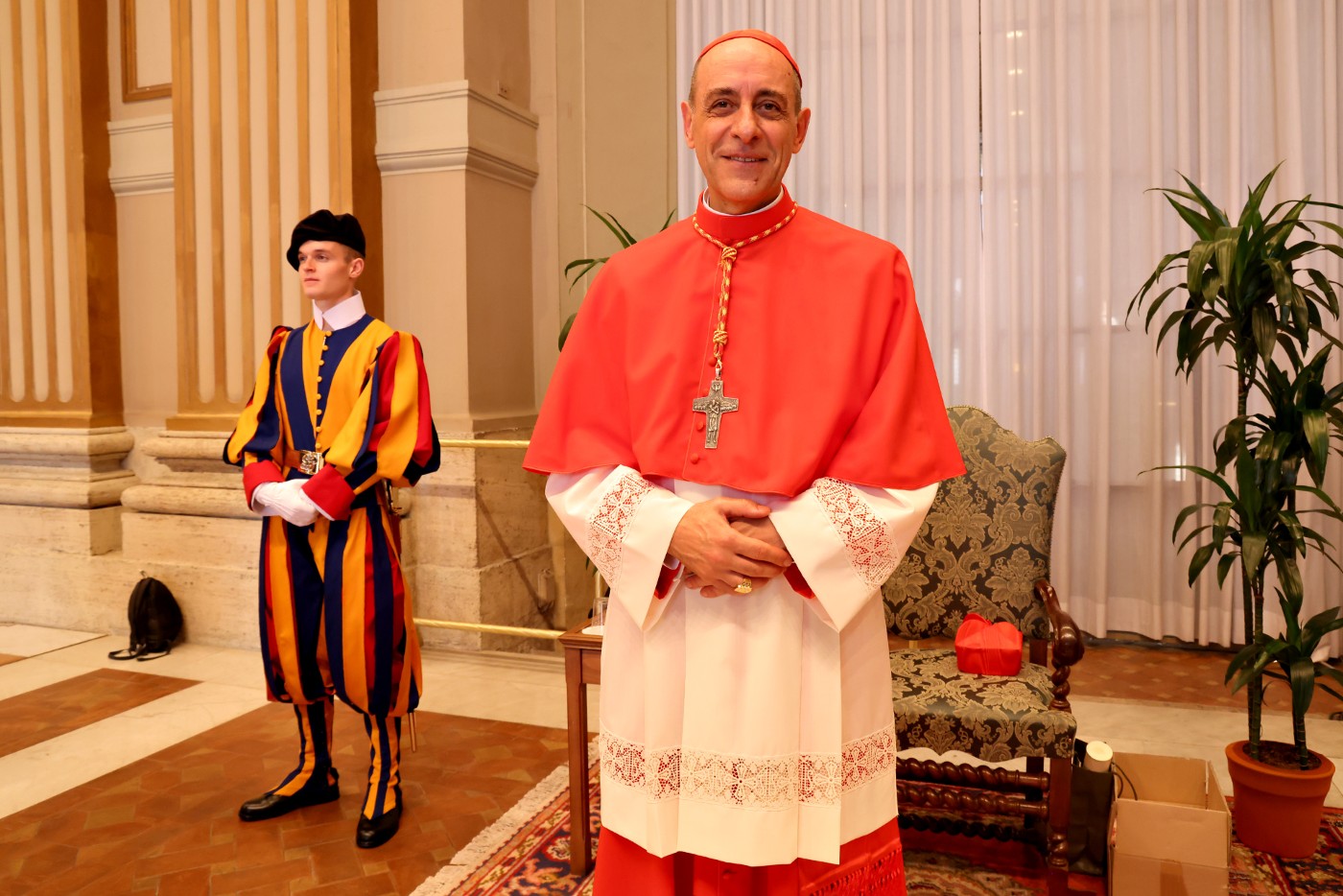 Pope aide under fire for 'mystical orgasms' book
Pope aide under fire for 'mystical orgasms' bookTall Tales And other stories from the stranger side of life
-
 10 things you need to know today: July 26, 2022
10 things you need to know today: July 26, 2022Daily Briefing Pence's former chief of staff testified to Jan. 6 grand jury, Pope Francis apologizes to Indigenous Canadians for residential schools, and more
-
 ‘No-fault divorce is an indescribable relief’
‘No-fault divorce is an indescribable relief’Instant Opinion Your digest of analysis from the British and international press
-
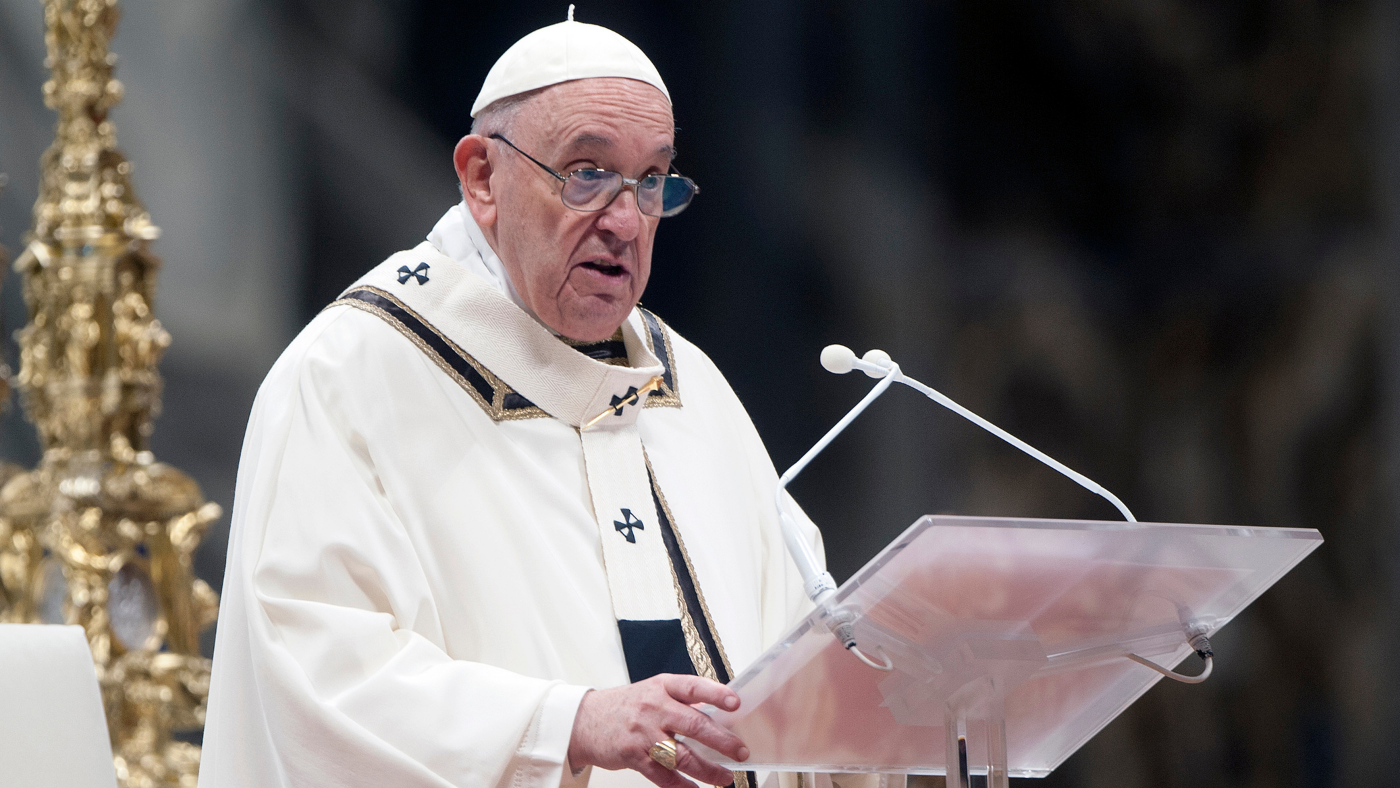 ‘The Pope has revealed himself as someone who’s never thrown a ball for a dog’
‘The Pope has revealed himself as someone who’s never thrown a ball for a dog’Instant Opinion Your digest of analysis from the British and international press
-
 Archipelago: the online activists spearheading Cuba protests
Archipelago: the online activists spearheading Cuba protestsIn the Spotlight Government security forces detain leaders of youth opposition group ahead of planned day of action
-
 What causes Havana Syndrome?
What causes Havana Syndrome?feature Officials investigate outbreak of cases at US embassy in Colombia
-
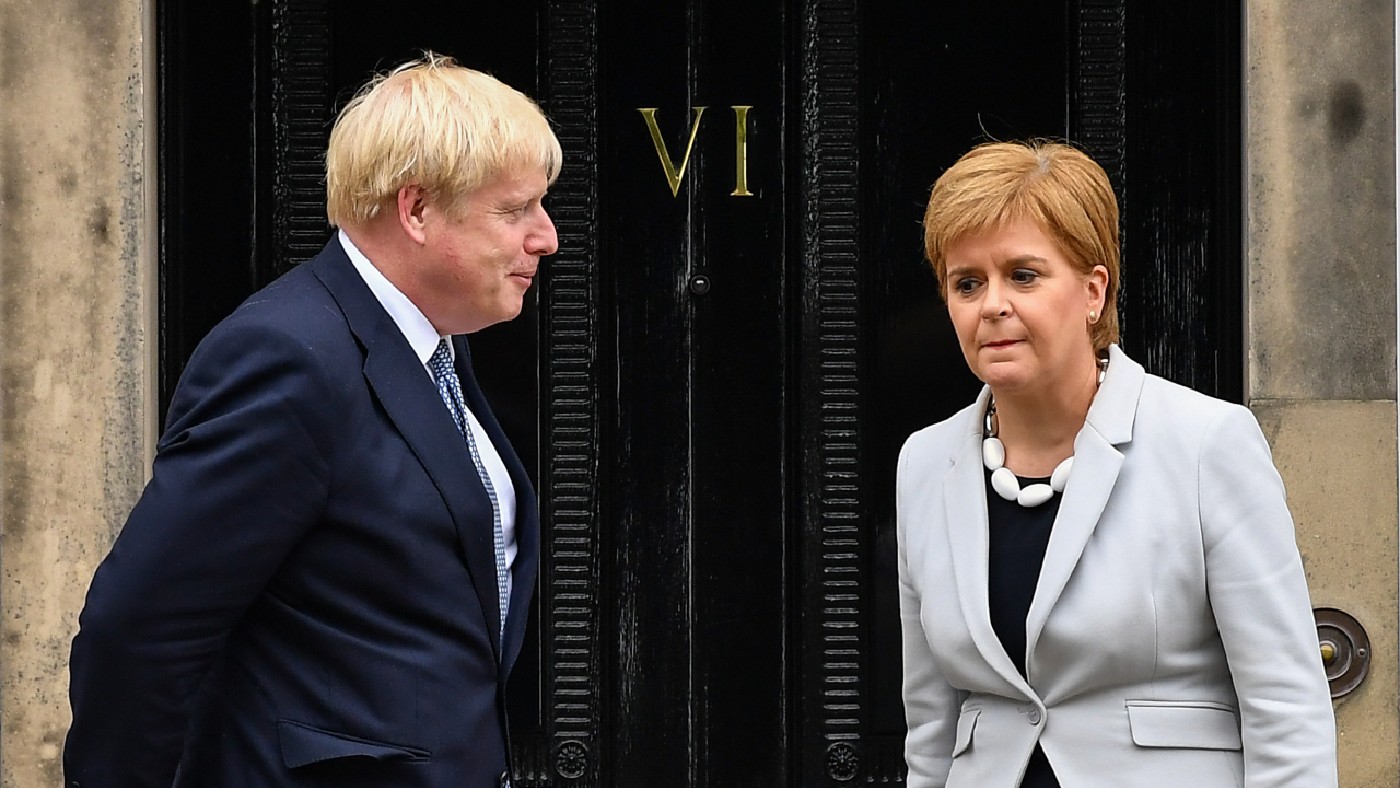 ‘In England, the economy matters more than people’s lives’
‘In England, the economy matters more than people’s lives’Instant Opinion Your digest of analysis and commentary from the British and international press
-
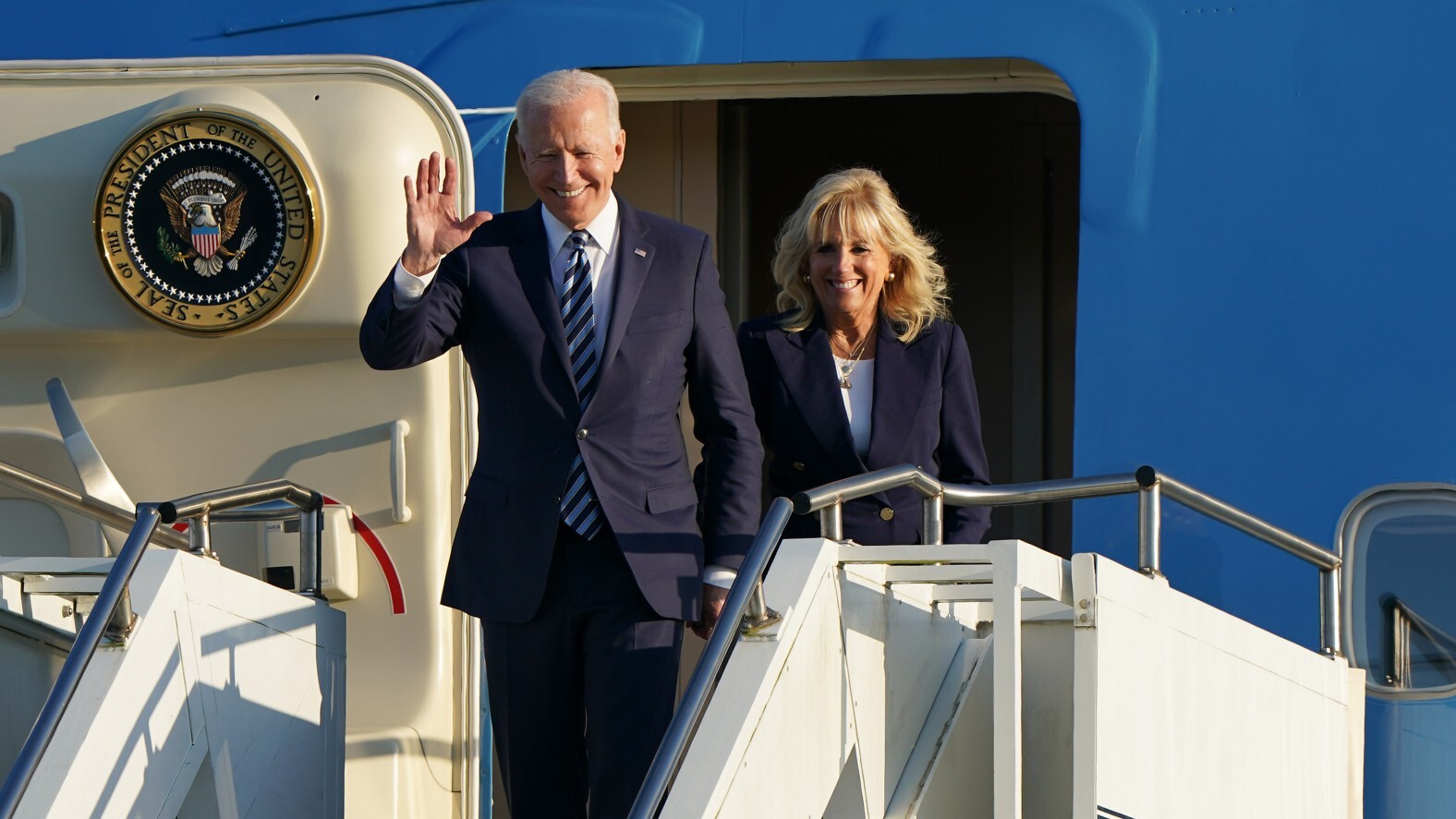 Dr Jill Biden: meet the ‘Philly girl’ first lady
Dr Jill Biden: meet the ‘Philly girl’ first ladyIn the Spotlight The US president’s other half is also a community college teacher, cancer research campaigner and grandmother